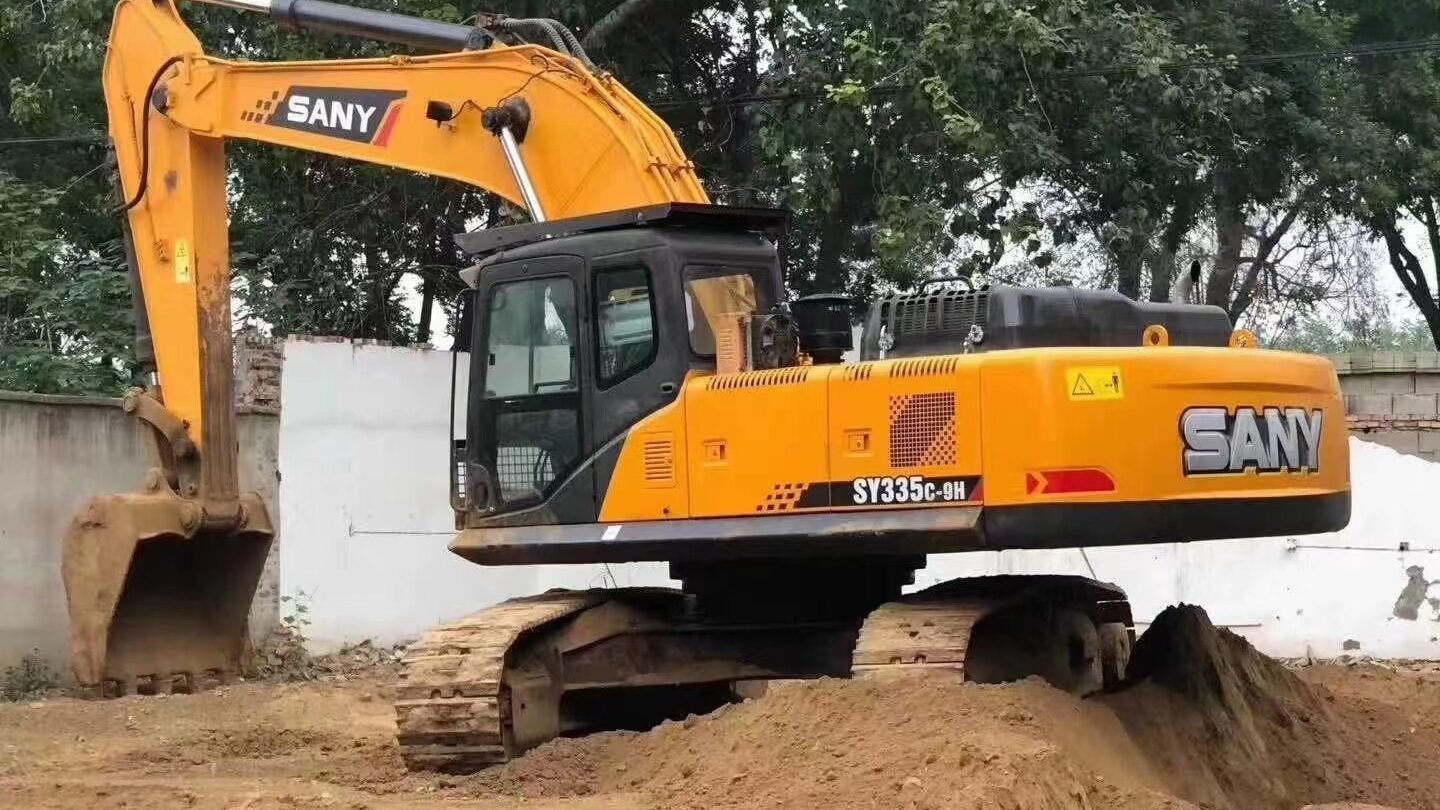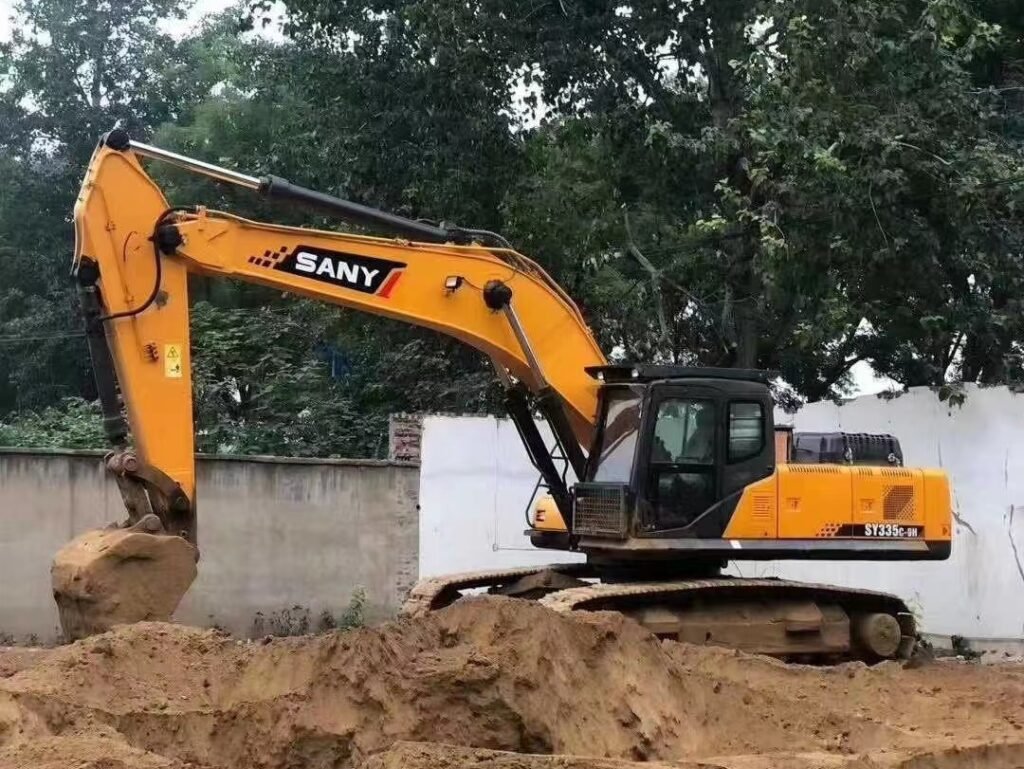I. Introduction
- Background
- With the ongoing advancement of global infrastructure construction, the demand for used excavators in international markets has significantly increased. Many developing countries and regions prefer purchasing used equipment to reduce costs due to limited funding. However, the export process of used excavators involves complex tariff policies that not only affect the profitability of enterprises but also influence market access.
- Purpose
- This article aims to provide an in-depth interpretation of the tariff policies related to the export of used excavators, analyze specific situations in different markets, and offer practical response strategies to help enterprises effectively address the challenges posed by tariffs and enhance their market competitiveness.
II. Overview of Tariff Policies
- Definition of Tariffs
- Tariffs are taxes imposed by a country on imported and exported goods, primarily used to protect domestic industries, adjust trade balances, and increase fiscal revenue. Tariffs are typically classified into import tariffs and export tariffs, with import tariffs having a more significant impact on used excavators.
- International Tariff Policies
- Countries exhibit significant differences in their tariff policies regarding used excavators, which depend on their economic development levels, industrial policies, and market demands. Additionally, international trade agreements and the establishment of free trade zones can also influence tariff policies, necessitating close attention from businesses to relevant changes.

III. Tariff Policies in Major Export Markets
A. Southeast Asian Market
- Tariff Policies in Major Countries
- In Southeast Asia, countries such as Indonesia and Thailand have differing tariff policies for used excavators. For example, Indonesia may impose higher tariff rates but also offer certain exemptions to promote infrastructure development.
- Market Entry Requirements
- Export licenses, quality standards, and technical certifications are primary requirements for entering the Southeast Asian market. Understanding and meeting these entry conditions will facilitate smooth access to target markets.
B. European Market
- Tariff Policy Analysis
- EU countries generally have uniform tariff policies for used excavators, but there may be differences in specific implementations. For instance, some countries may offer lower tariffs for environmentally friendly equipment.
- Compliance Requirements
- Compliance with environmental standards and other relevant regulations (such as CE certification) is essential for entering the European market. Enterprises must ensure that their equipment meets these standards to avoid tariff barriers and market entry issues.
C. African Market
- Market Characteristics
- Tariff policies across African countries vary widely, with some countries imposing lower tariffs on used equipment to encourage technology importation and equipment updates. Conversely, other countries may adopt protectionist policies resulting in higher tariffs.
- Potential Opportunities and Challenges
- Changes in policies may present new opportunities for the market, but they can also introduce uncertainty. Enterprises need to respond flexibly and actively seek suitable market entry strategies.
IV. Strategies for Responding to Tariff Policies
- Market Research and Policy Analysis
- Companies should regularly conduct research on tariff policies in target markets to understand the latest developments and changes, ensuring that their export strategies remain aligned with market requirements.
- Optimizing Export Processes
- Improving customs efficiency and arranging transportation and logistics effectively can reduce tariff expenses and shipping costs. Utilizing appropriate trade terms and customs strategies can significantly lower overall export costs.
- Collaboration and Alliances
- Establishing close relationships with local agents or partners can help jointly address market challenges. Through collaboration, businesses can share market information and adjust strategies promptly in response to policy changes.
V. Conclusion
- Summary
- Tariff policies play a crucial role in the export of used excavators, and enterprises need to fully understand and respond to these policies to safeguard their interests and market positions.
- Recommendations
- Companies should maintain sensitivity to policy changes and flexibly adjust export strategies to adapt to the ever-evolving market environment. Additionally, establishing a strong market research team will ensure timely acquisition of policy information, enabling rapid responses and seizing market opportunities.



